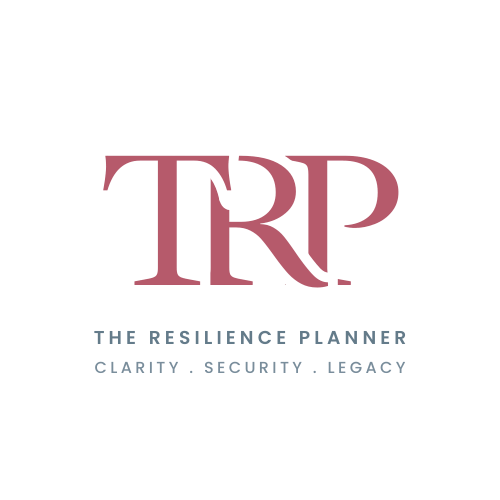How to choose Unit Trusts in Singapore?
Towards my last few years as a retail investor, I was exploring what Unit Trusts to buy. Unfortunately, I couldn’t find good answers online or from the banks at that point in time. And this question came up again recently. Now that I am in a different position, I shall attempt to answer this as best as I can. I will not go into the technicals as those can be found on websites such as MoneySense, and from the respective banks. What I am sharing is my consideration factors when it comes to unit trusts. This may or may not be applicable for you, so please treat this only as a sharing of experience.
Why Unit Trusts?
One of the reasons I had when I looked into unit trusts, was the degree of diversification that unit trusts carry and it is this key feature that I like. As you may already know, we can diversify as stocks investors, but by buying into 50 different companies’ stocks, we will require large sums of money. Comparatively, unit trusts is the most cost-efficient way to get the maximum diversification with least efforts (this includes time spent on transactional and monitoring activities).
This also means that the risks is spread to a minimum. With a properly diversified funds portfolio, there’s very little possibility of total loss of capital in the investment.
When I was researching into unit trusts, my criteria was that the funds should generate at least 5% rate of returns yearly.
There are 2 ways to look at the 5% rate of returns. One way is that is should generate 5% annually in dividends income, and another is through the annualised 5% growth in capital appreciation.
These are the funds with “Distribution” class (DIS) and “Accumulation” class (ACC) respectively. Those that don’t indicate are usually “Accumulation” class.
Dis or Acc – Which one to go for?
My rule of thumb is that if you’re still years from retirement, focus on growth or accumulation. When reaching retirement, you can consider those that pay out dividends.
However, for funds that give out dividends, there’s one thing to be aware of. The NAV (Net Asset Value) of the funds should ideally be relatively stable, or increasing over time, because it doesn’t make investment sense to get dividends income (which is a gain), but the NAV of the funds falls (which is a loss).
Factors affecting NAV
There can be many factors that affect the NAV of a fund. Generally, anything that affects the price of companies stocks also apply. This may include (but not limited to) market conditions, political situations, economic trends, sector trends, and company outlook.
Themed-focused or Multi-Asset
Some of the funds may be focused in a certain theme (eg ESG, tech, etc), geographical region (eg Emerging markets, China, etc) or assets classes (eg. equity, corporate bonds, high-yield bonds, etc)
Different types of funds may exhibit different types of risk-returns performance, and in some cases, the funds managers can also be a substantial factor.
Funds Managers in SG
At the time of writing, there are close to 300 licensed funds management companies with over 1800 funds available in Singapore. Hence, you can see it isn’t easy for retail investors to filter which ones to buy.
What else do You need to know?
Fees & Charges
While doing research and reading online, you might notice many comparisons done on Unit Trusts against Exchange-Traded Funds (ETFs). The difference between the 2 lies mainly on the type of management involved. ETFs are passively managed. You can read more about ETFs here. Unit Trusts funds can be either actively or passively managed. The returns of the funds may also be attributed to the funds managers’ expertise.
Relating to the types of management, fees are also commonly discussed. You can more about them on MoneySense.
Risk Profile
There are 2 aspects when it comes to risk profile: risk appetite / risk tolerance and risk affordability. Understanding your risk profile can help you zoom into the types of funds that is suitable for your purchase.
Time Horizon
Investing is not a speculative game. As like the weather and seasons, the economy is also cyclical. When it comes to investing, you need to have a realistic time horizon.
Long-Term Objectives
Together with the time horizon, you need to establish your long-term objectives for the investment. Establishing objectives may further help you filter the type of funds suitable to meet your objectives.
Other than the consideration factors above, there are also investment strategies that can be adopted to maximise returns and minimise risks. You can discuss with a trusted Financial Consultant further to explore your options.
Want to start, but don’t know how to? Maybe I can help. Let’s get to know each other better first. WhatsApp to schedule a video call with me.
Ready to do a Financial Wellness review? I will need some information from you. Send me your request via Email.
Still not yet ready? You can also connect with me via LinkedIn, and Facebook.







